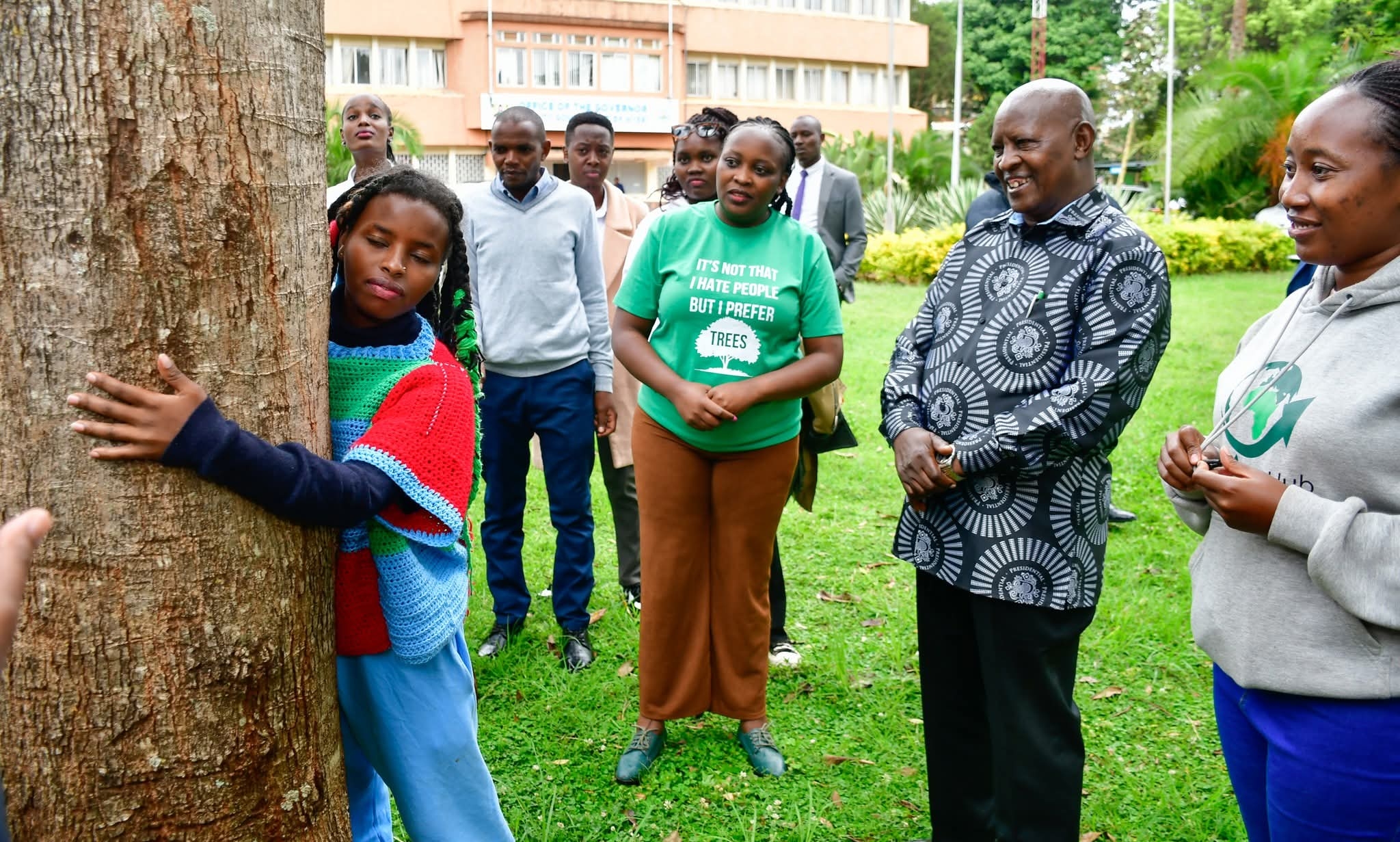Experts have downplayed the severity of rising Covid-19 infections even as ministry data shows cases have doubled in the last week.
The resurgence was predicted last month and the state is blaming the reluctance to observe preventive measures such as washing hands and wearing face masks in enclosed spaces.
Health CS Mutahi Kagwe in March announced the drop of the mandate of wearing masks but said those boarding matatus or in enclosed spaces wear their masks.
On Thursday, the CS said the current positivity rate has doubled to three per cent, from one per cent on Monday this week.
“Today 63 people have tested positive for the disease, from a sample size of 2,075 tested in the last 24 hours. The positivity rate is now at three per cent,” Kagwe said on Friday.
Global health expert Dr Bernard Muia allayed fears of another wave of the virus, saying there was no cause for alarm.
He said the country may be headed for another Covid-19 wave because mid-July is often the peak of the cold season.
“The issue of another wave of Covid-19 was predicted between April and May but there is no cause for alarm. I anticipate that in June and July, there will be increased cases,” Muia told the Star on Friday.
“However, going forward, it is important for people to observe the healthcare protocol and vaccination.”
Muia said the cases that are coming up are mild, the rate of hospitalisation is flat and the death rate or fatality rate is going down.
“We are almost reporting zero per cent on this,” he said.
Although vaccine uptake has improved, only one county has vaccinated slightly more than half of its adult population.
Kagwe said Nyeri has vaccinated 52.8 per cent of its adults, followed by Nairobi at 48.7 per cent and Kakamega at 39.5 per cent.
“The total number of vaccines administered in the last 24 hours is 16,083 while the total number of people fully vaccinated in the last 24 hours is 6,704. The proportion of adults fully vaccinated was 30.9 per cent,” he said.
This is an improvement from the 6,000 doses offered a day last week.
Last week, Kagwe said Kenyans were letting down the ministry, yet it has done everything possible to deliver vaccines everywhere.
“When we look at our daily Covid-19 vaccination rates, we get so perturbed by the failure of our people to do what they must do to prepare for the next likely Covid wave,” he said.
Kagwe spoke while receiving vehicles donated by Global Alliance for Vaccines and Immunisation to deliver vaccines to remote areas.
Gavi is an international organisation created in 2000 to improve access to new and underused vaccines for children living in the world's poorest countries.
The World Health Organization said that seasonality is not yet fully established for SARS-COV-2, the virus that causes Covid-19.
“However, evidence from the past two years supports the notion of more substantial transmission during the winter season,” read the WHO statement on Tuesday last week.
“Plans for a catch-up to improve primary series coverage and boosting for those at highest risk, and campaigns should take seasonality into account.”
The Ministry of Health says at the current sluggish rate Kenya will not meet its target of vaccinating 70 per cent of all adults by June. Currently, only 30 per cent of adults have been vaccinated.
“Rates have dropped severely from a daily average of 200,000 to less than 10,000 vaccinations per day, while other countries are boasting close to 90 per cent coverage,” Kagwe said.
On Wednesday, only 6,978 people were vaccinated countrywide, Kagwe said.
The ministry had targeted 70 per cent of adults with the Covid-19 vaccine by the end of June and 50 per cent of teenagers above 15 years.
Currently, only 8,400,000 people have been vaccinated, against the total count of 27,246,033 Kenyans above 18 years.
Edited by Kiilu Damaris
“WATCH: The latest videos from the Star”














